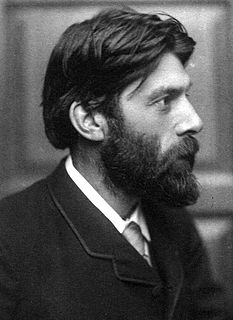A Quote by David Whyte
Poetry carries the imagery which is large enough for the kind of life we want for ourselves.
Related Quotes
To be honest, I wasn't crazy about the kind of poetry I found in high school English books. I didn't get really excited about poetry until I discovered Lorca in college. If it wasn't for surrealism, I'm not sure I'd have become so involved in poetry. I was attracted by the extravagant imagery and elements of fantasy. This was in the '70s and it seemed to fit the psychedelic mood of the times. I found it liberating.
I don't think I ever had a morning where I woke up and said I'm going to be a professional poet. I know I've always loved poetry, I've always loved writing poetry and I've always loved sharing poetry. I've also always known that I wanted that to somehow be a very large part of my life and I'm very fortunate that it's such a large part of my life.
All lives are composed of two basic elements," the squirrel said, "purpose and poetry. By being ourselves, squirrel and raven, we fulfill the first requirement, you in flight and I in my tree. But there is poetry in the meanest of lives, and if we leave it unsought we leave ourselves unrealized. A life without food, without shelter, without love, a life lived in the rain—this is nothing beside a life without poetry.
Poetry can explain individuals to ourselves, and change our attitudes, and help us see the complexity of the world, but the kind of poetry I follow isn't going to change public opinion directly. Other art forms can - if you're a TV writer, you have some interesting challenges, or if you're a country musician, somebody like Brad Paisley. But poetry not so much.







































